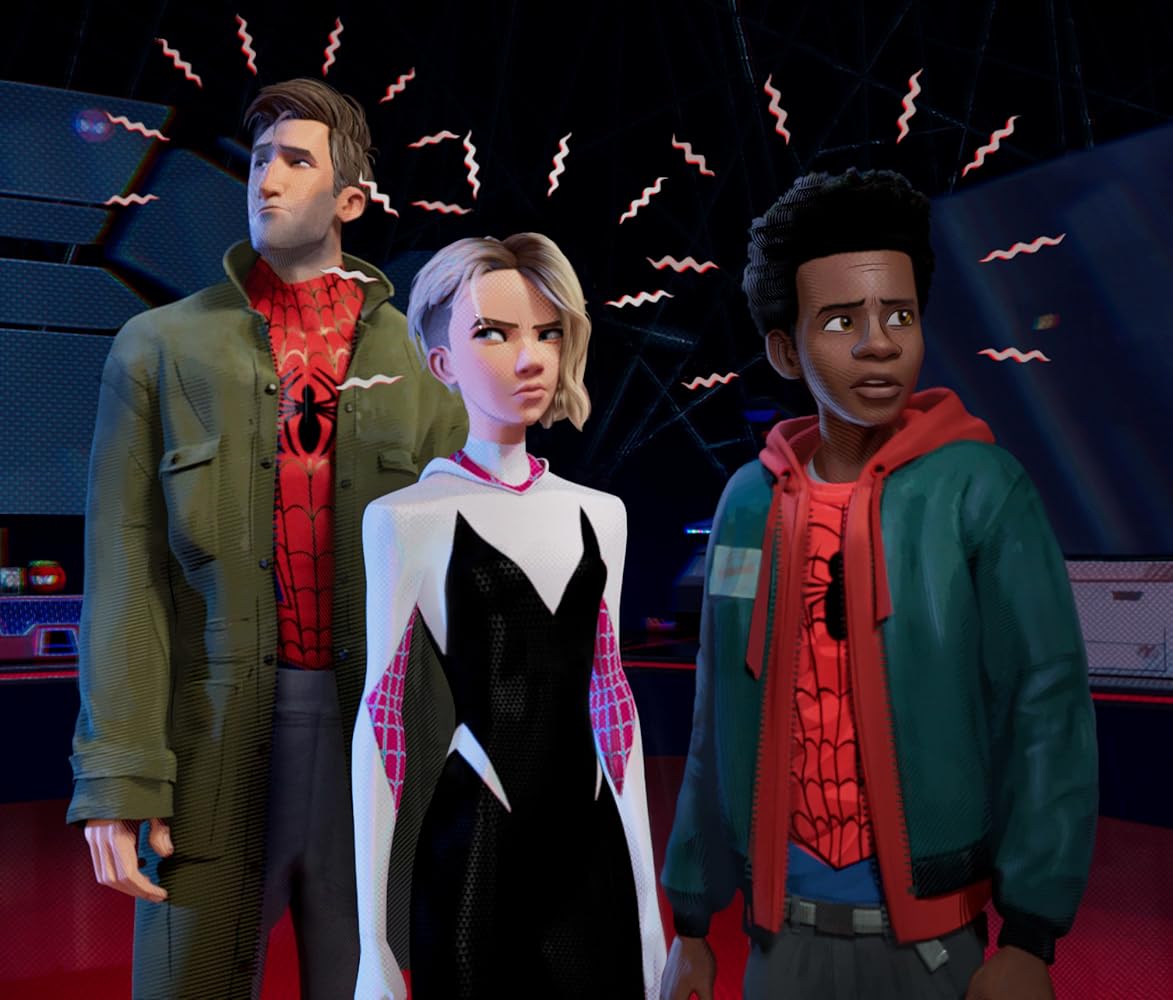Poor Spider-Man has had a rough history in films. His seven live-action cinematic appearances have all been successful, but behind-the-scenes disputes is what has caused Peter Parker to be cast three times since his debut. It all started back in 1999, when Marvel Comics were filing for bankruptcy and sold the film rights to Spider-Man to Columbia Pictures/Sony Entertainment (the same deal that sold the X-Men and Fantastic Four to Fox). At this time, Superhero films were nowhere near the behemoth they are today, and nobody predicted how Sam Raimi (primarily known for low-budget horror films at this point) would make a film that broke box-office records and received critical acclaim.

Fast-forward to 2014, Marvel (now purchased by Disney) is having success with their unprecedented Cinematic Universe, while Sony’s rebooted Amazing Spider-Man films (partially made to prevent Spider-Man’s rights reverting back to Marvel) are moderately successful but critically waning. Sony have a character they can’t properly sell, but one Disney still want, so co-Chairperson of Sony Amy Pascal made an agreement with MCU head-producer Kevin Feige; a five-picture deal (starting with Captain America: Civil War, then two Avengers films and two solo films) that allowed a new Spider-Man to exist within the MCU, but Sony still financed, cast and profited off his individual films, alongside Feige adding creative assistance. It was a tenuous and unprecedented deal, but one that seemed to leave everyone happy.
Only, as we found out this week, the deal did not hold. Sony and Disney were unable to renegotiated past the original five-picture deal, meaning Tom Holland and Jon Watts’ Spider-Man has become severed from the MCU. Since Holland’s Spider-Man was still produced by Sony, they can still continue making this series with the same cast and storyline, only ties to the Disney-owned Marvel characters must be cut.

Although it appeared an abrupt departure, deeper investigation reveals the Sony-Disney alliance was always volatile and could easily dissipate. Borys Kit of the Hollywood Reporter gives a comprehensive and detailed report of the Spider-Man agreement, but essentially both companies are in different places than they were even just in 2014. Disney released 5 films that grossed $1 billion this year, and with their acquisition of Fox, are gradually becoming a greater entertainment monopoly. Indeed, Sony’s recent statement blames Fox’s newly gained properties (namely the X-Men and Fantastic Four) as keeping Feige preoccupied from working on future Spider-Man films. It appears Disney became unconcerned with tending to the Spider-Man property given all the new characters they have gained (it’s worth noting their ‘Phase 4’ announcement had no Spider-Man films within it), making them require a greater reward for their investment. Hence why reportedly they demanded an increase from 5% of Watts’ Spider-Man box-office revenue, to a whopping 50%, a level Sony was clearly uncomfortable with keeping.
Sony’s position has also changed since 2014. For one, Pascal is no longer with them (moving to Universal), and her relationship with Feige likely left with her, being replaced with the allegedly contentious Tom Rothman. Rothman and Sony may have assumed that the successes of Watts’ Spider-Man films (albeit assisted by Disney’s MCU involvement), combined with box-office success of Venom and Oscar-winning Into the Spider-verse, meant enough groundwork has been laid for the pure ‘Spider-Man Cinematic Universe’ that Sony were already developing back in 2014 (which included an Aunt May movie, a Black Cat film, a Sinister Six team-up etc.). With Venom 2 and Morbius already in production, Sony probably felt Disney’s high-demands were not worth their continued parternship, and they would be fine with their own independent franchise.

What is important to remember is Hollywood is a business, which just happens to make movies. Both Disney and Sony are thinking of the profitability of their own franchises, not about what best serves the character. Spider-Man’s popularity and recognisability increases his value for these companies, but purely in a financial sense. Each company acquired some inflated egos from their past successes, and felt they no longer needed the other to succeed. Like it or not, the film industry remains an ‘industry’, and movies, especially iconic ones adapted from popular culture, are bound and defined by politics and legality as much as creativity (unrelated; this is partly why there hasn’t been a Hulk film since 2008’s Incredible Hulk, as the solo film rights are still owned by Universal Studios, who distributed Incredible Hulk).
But for audiences who are invested in the stories around these characters, what does this break-up mean? Obviously, Watts’ Spider-Man films tied Peter Parker very closely to Tony Stark, with both the Vulture and Mysterio being primarily disgruntled at Stark instead of Parker. Happy Hogan’s relationship with Aunt May would also necessarily be dismantled by this deal. However, some have found this Spider-Man’s attachment to Stark stifling for the character, and perhaps these more ‘independent’ future Sony films will move Spider-Man out from under his shadow. Personally, Spider-Man has always worked best as an outcast, an average guy struggling with domestic turmoil without the same resources or celebrity status as the Avengers. His severance from the MCU may, inadvertently, force Sony to keep him more grounded.

This rupture may not even effect Watts’ continuity. The end of Far from Home saw Peter’s identity publicly outed, and subsequently made a fugitive, so a sequel dealing with Spider-Man on the run trying to clear his name need not make reference to the Avengers or MCU, even while existing in the ‘same’ universe as before. Allowing for some radical speculation, this hypothetical sequel could end with Spider-Man making some ‘magical deal’ that reinvents reality (as he did in the comic One More Day when his identity was revealed), thereafter landing him in a world totally rid of the MCU (without ever needing to mention it). For those who enjoyed Spider-Man’s involvement in the MCU, this news is understandably disappointing, and frankly the ‘Spider-Man Cinematic Universe’ sounds as ridiculous as it did back in 2014. But Disney should not be rewarded for wanting to own more of the entertainment industry than they already do, nor for that matter should Sony. Hopefully Sony will use their independence to make bold and high-quality Spider-Man movies outside of Disney’s influence (although Tom Rothman does have a spotted reputation), but really this was a corporate deal that the webslinger got tangled up in.
Typical Parker luck.
